EBD Applications
Transforming Waste Management
for a Sustainable Future
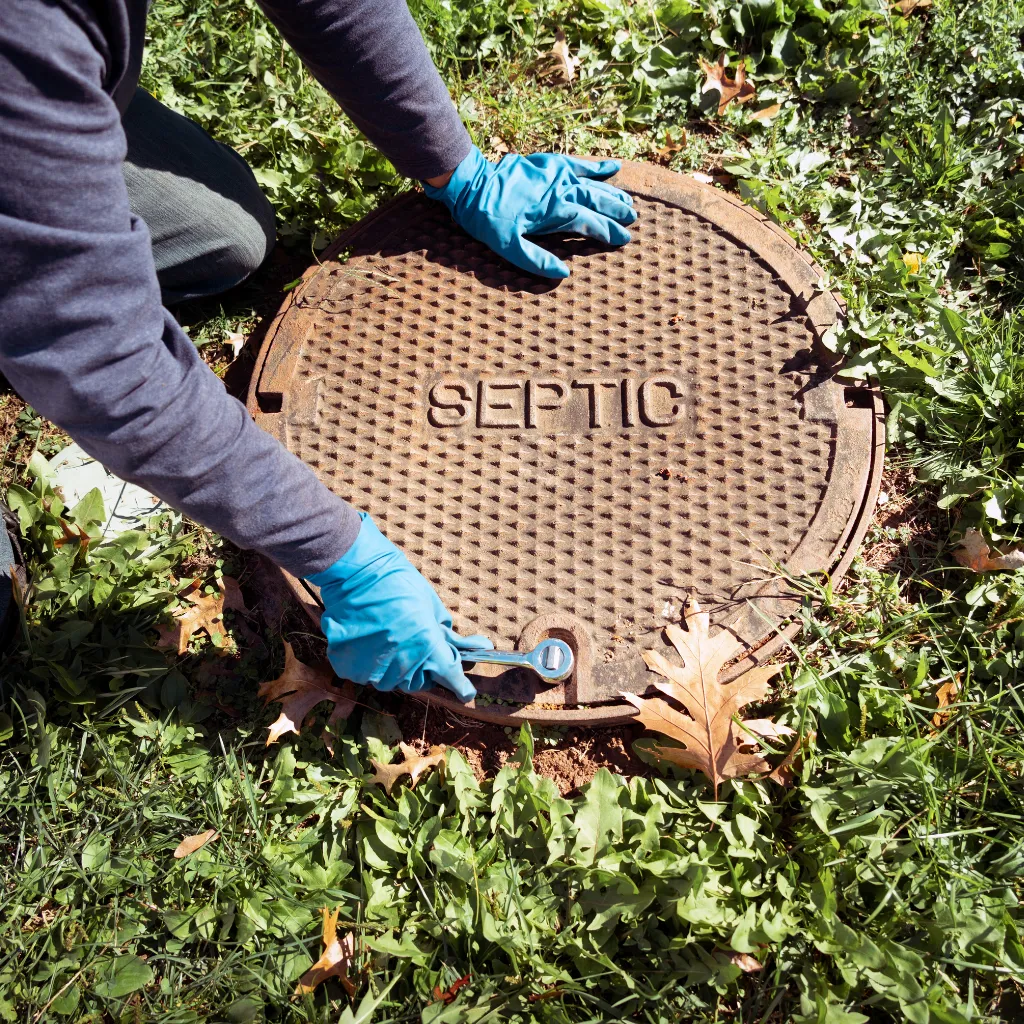
Residential and Commercial Septic Systems
Comprehensive remediation
Accelerates Sludge Decomposition
Nitrogen Reduction
Rapid odor elimination
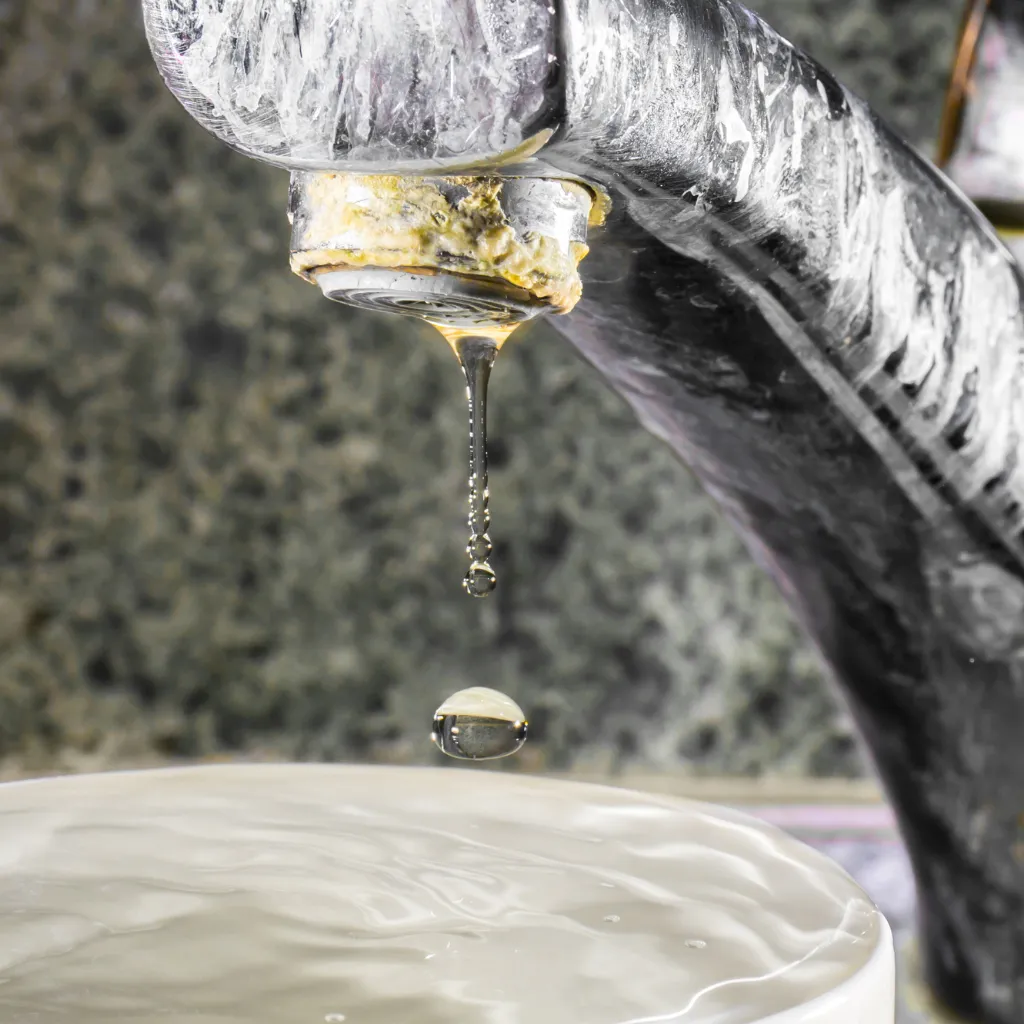
Hardwater Treatment
Prevents mineral buildup in pipes and industrial systems
Water hardness is reduced by up to 42.5%
No electricity, filters, chemicals, or salt required
Eco-friendly alternative to chemical-based treatments
Breaks down lime on a permanent basis
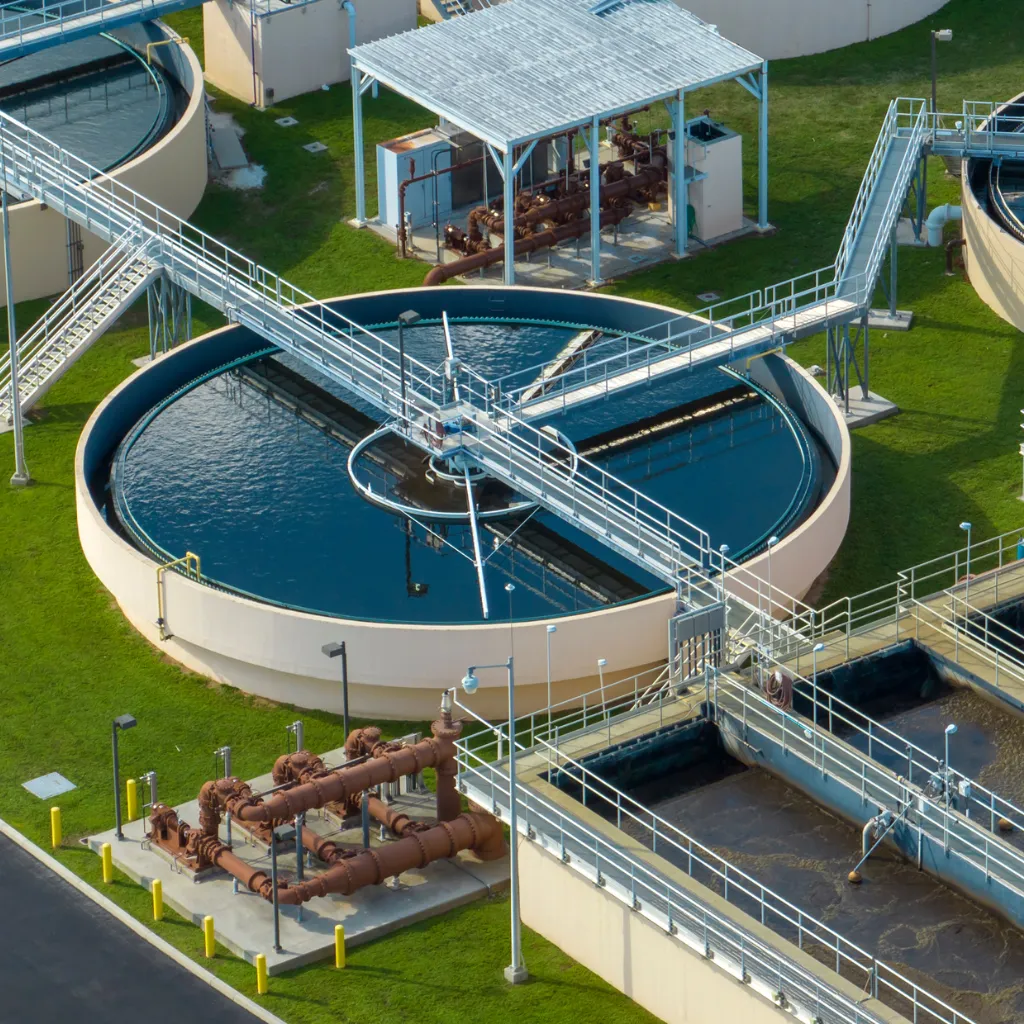
Wastewater Treatment Plants
Remediates over 95% of Greenhouse Gas (GHG)
Improves biological treatment efficiency
Reduces sludge production and operational costs
Up to 35 % savings in blower/aerator electricity consumption

Greenhouse Gas Remediation
Eliminate up to 98% of Greenhouse Gas (GHG) Emissions
Reduces carbon footprint of industrial operations
Enhances sustainability initiatives for businesses
Easy to install within hours (not months).
No electricity, chemicals, filters, or any sort of consumable.
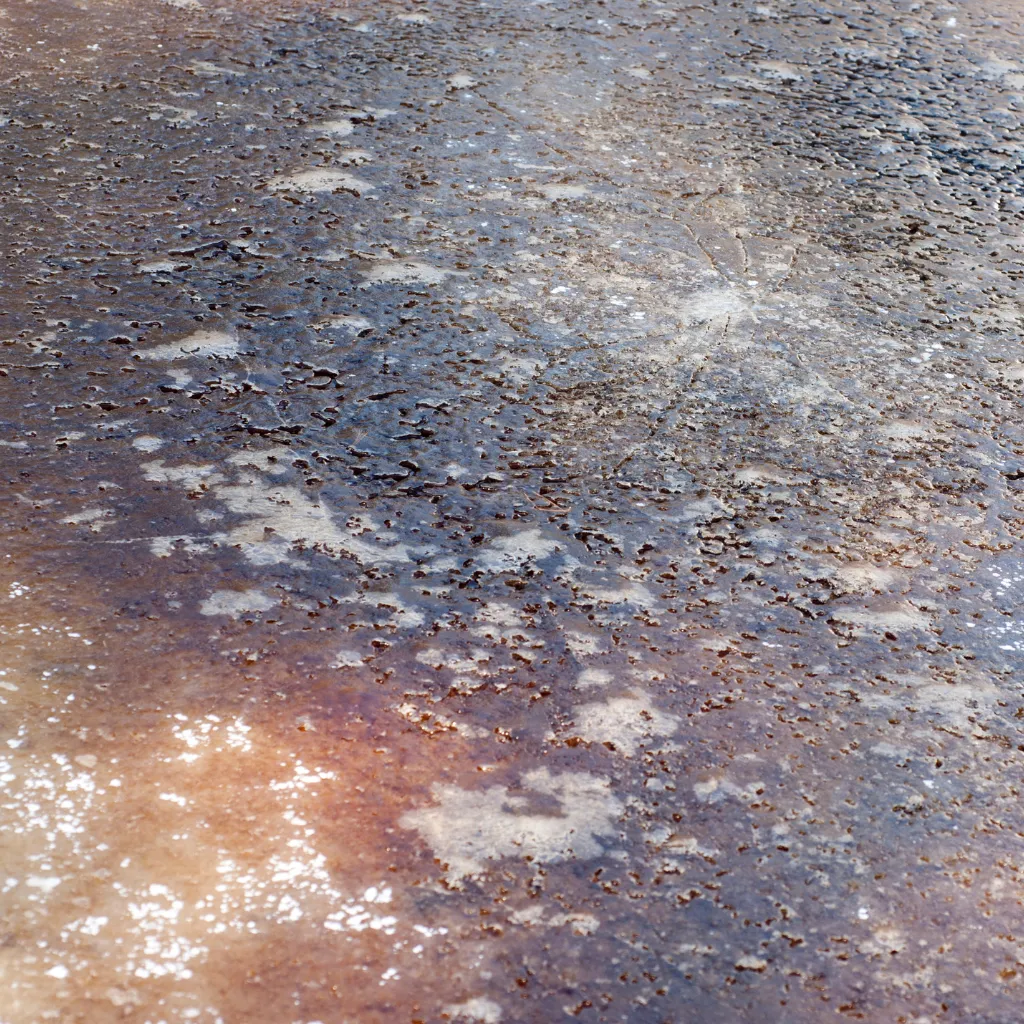
Soil and Groundwater Remediation
Self-sustainable, Non-intrusive, and Non-invasive
Remediate soil and ground water down from surface-layers to great depths
Supports environmental restoration projects
Reduces foul and dangerous odors
Offering demonstration of potential PFAS destruction and remediation
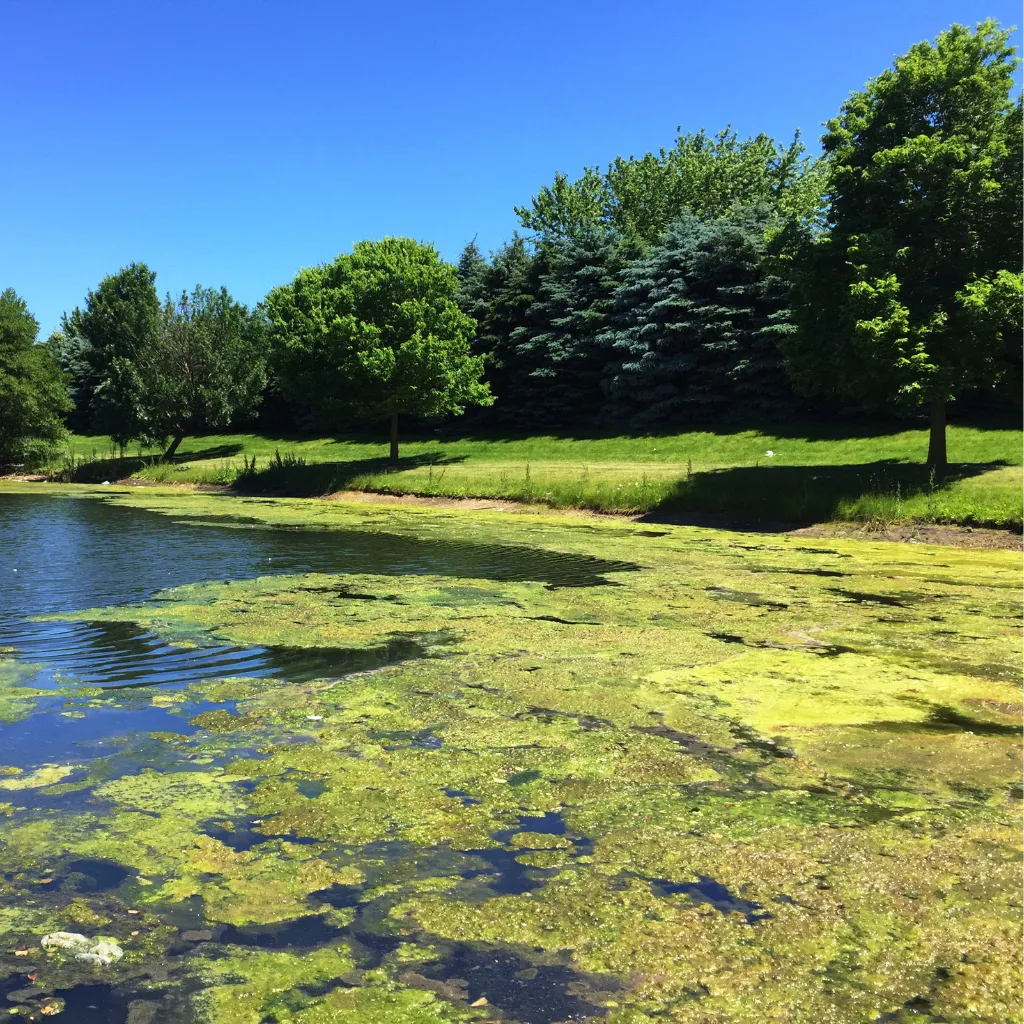
Lake Remediation and Algae Control
Restores ecological balance in lakes and reservoirs
Prevents harmful algal blooms and eutrophication
Safe for aquatic life and long-term environmental health
Continuous Treatment - 24 hour a day, 7 days a week for over 15 years
Remediates organic as well as inorganic pollutants

Agriculture
Enhances soil fertility and crop yield
Reduces dependency on chemical fertilizers
Increases agricultural crop yield/output (in most cases)
Improves soil crumb structure & soil quality
Controls and cures many agricultural diseases (Bacterial, Viral, and Fungal)
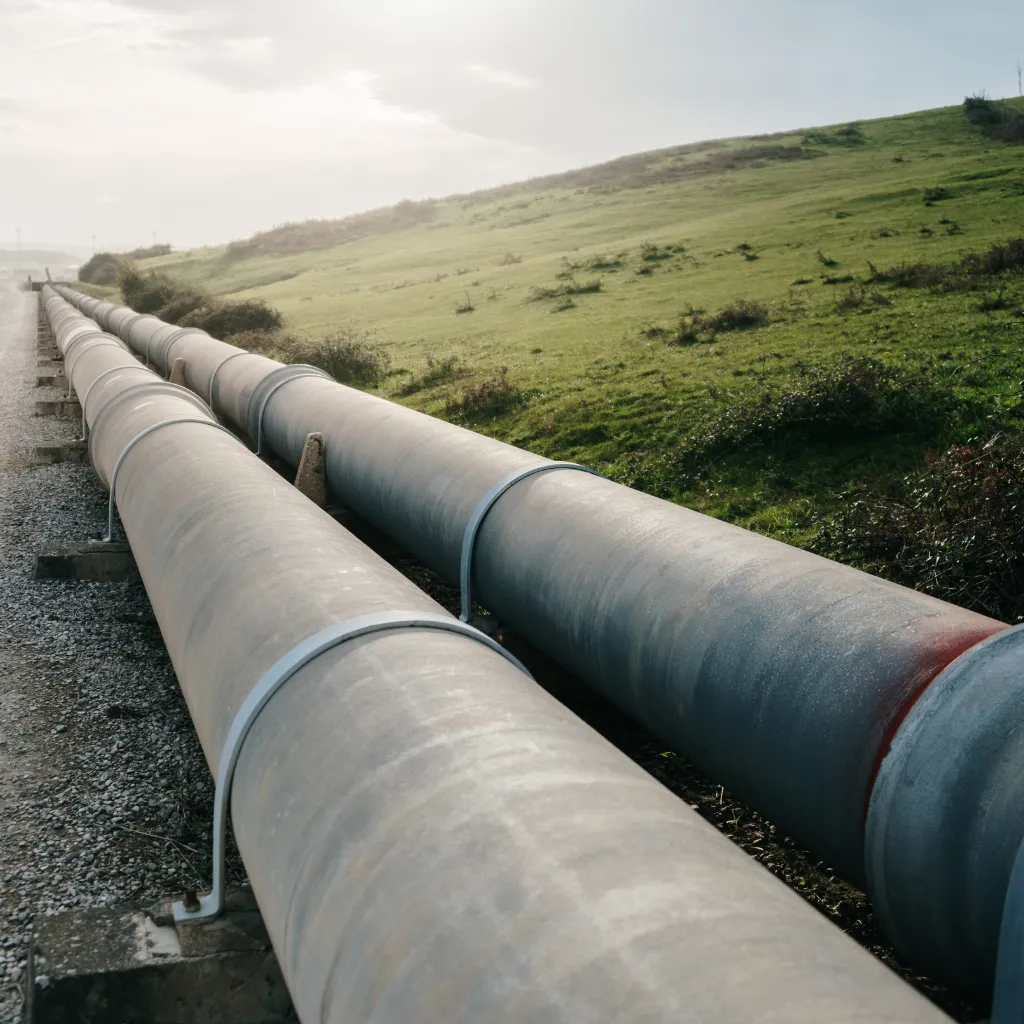
Oil Pipelines, Tanks, and Tankers
Reduces corrosion and enhances pipeline integrity
Minimizes environmental impact of oil transportation
Reduction in scale and sludge build up
Reduction in electric power consumption to run the motor pumps given less friction and lower viscosity.
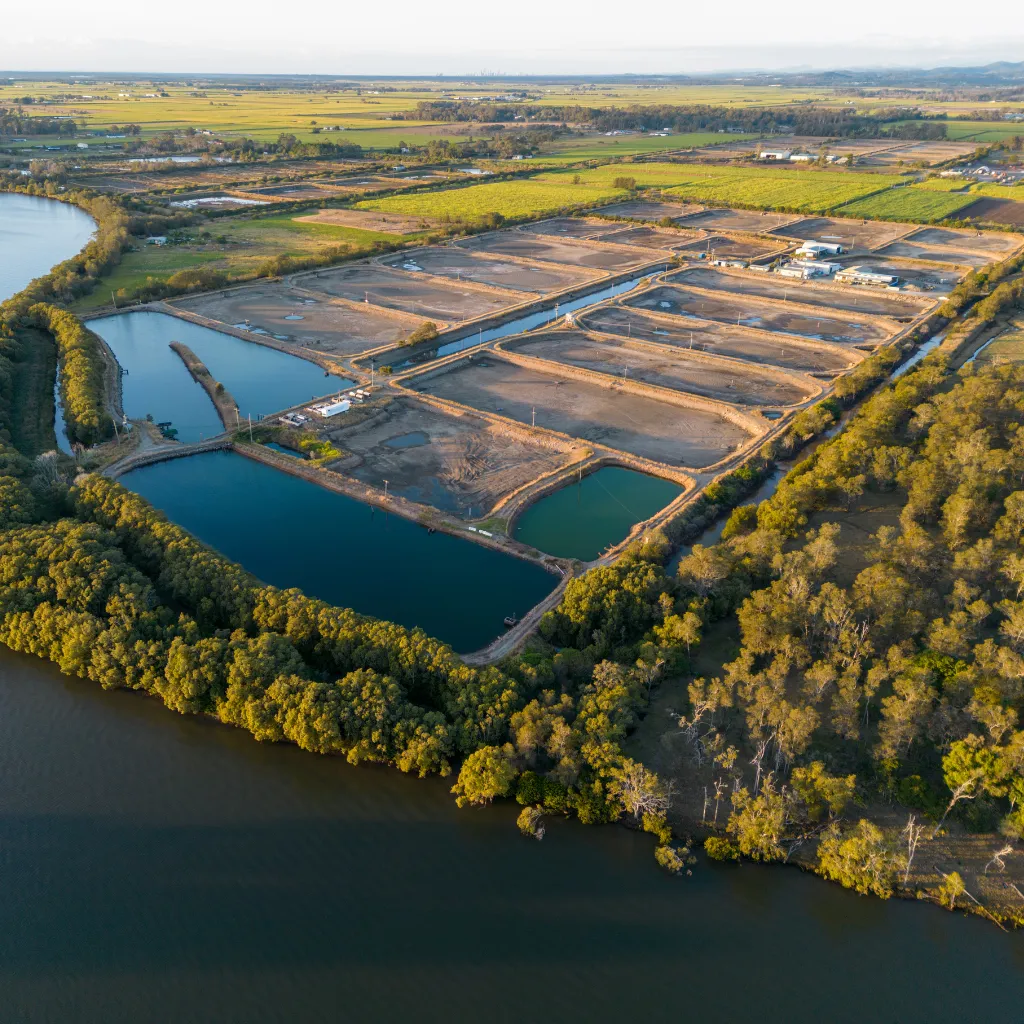
Aquaculture and Fish Farming
Improves water quality for healthier fish stocks
Reduces disease outbreaks and improves production efficiency
Effectively treats fish viral and bacterial diseases
Completely eliminates the need to use antibiotics, probiotics and any other polluting chemicals
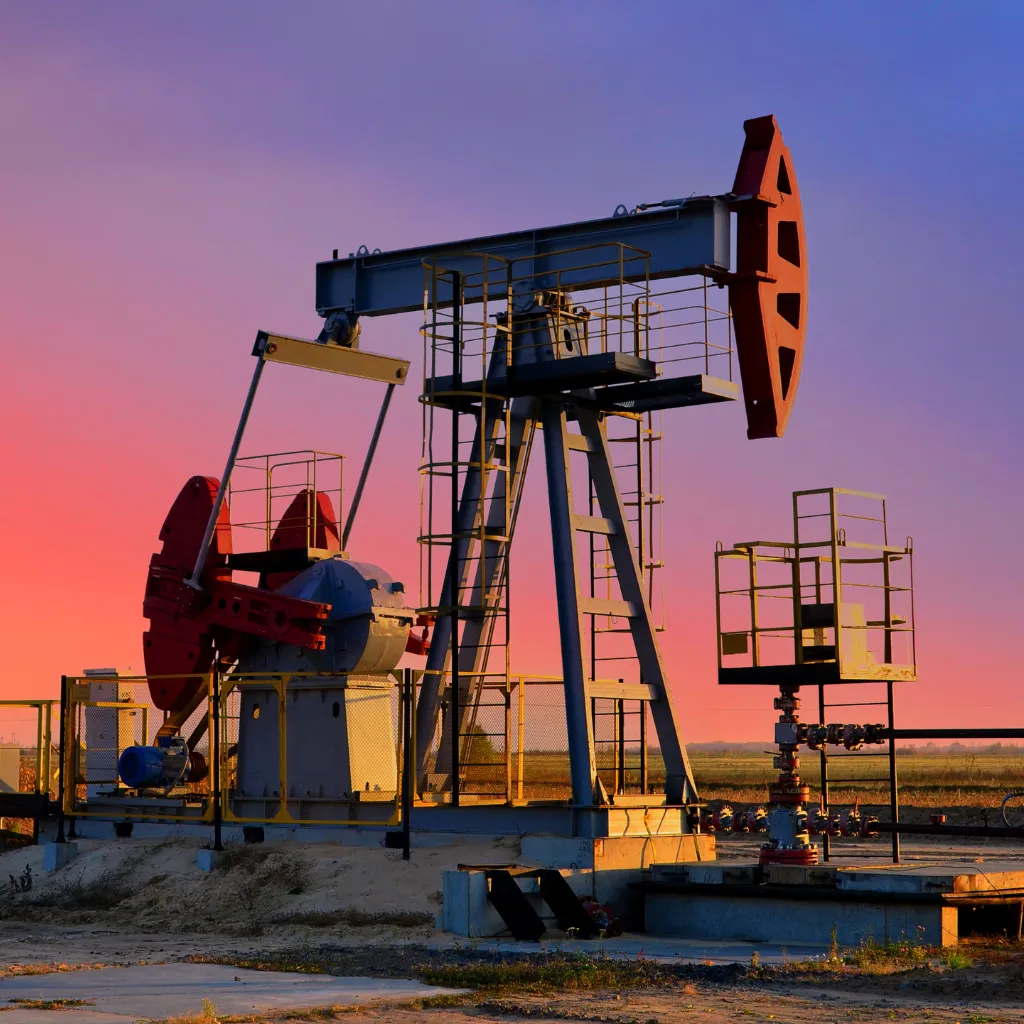
Crude Oil and Gas Wells
Enhances extraction efficiency
Boost Oil Production and Reduce Costs
Reduces maintenance costs and environmental risks
Reduction in iron eating bacteria colonies
Optimizes production with sustainable solutions
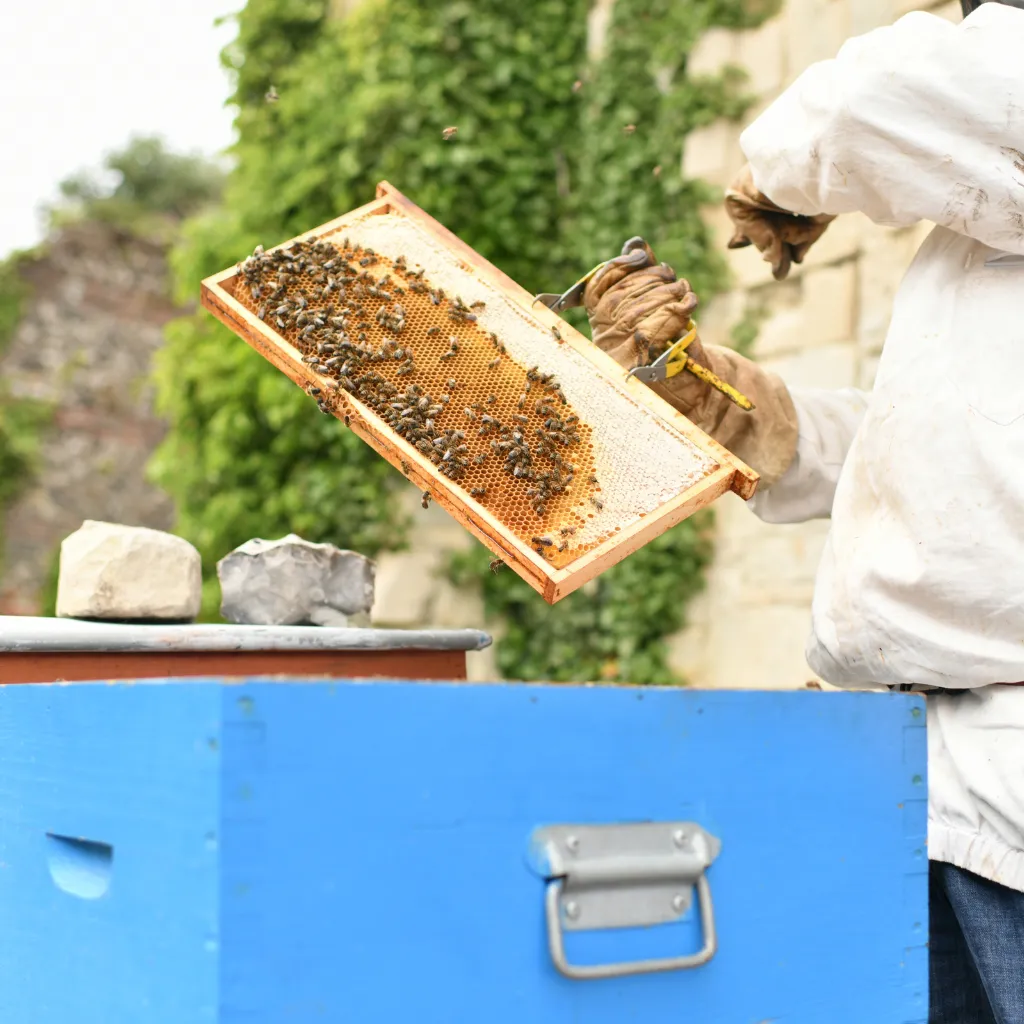
Bee Colony Collapse Disorder
Addresses key environmental stressors affecting bee populations
Enhances pollination and biodiversity
Supports beekeeping and agricultural sustainability
